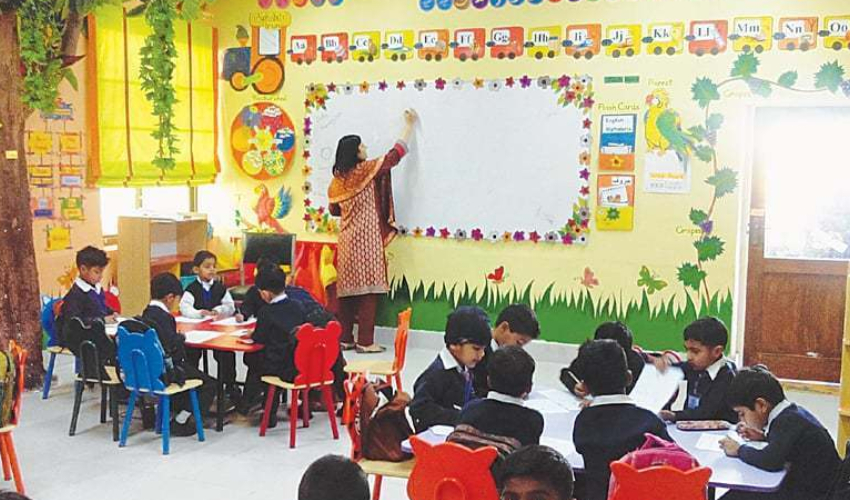Swedish engineering students have launched the app to track and assign household tasks, aiming to reduce domestic workload disparities and foster family communication.
In a bid to make "invisible work visible" and promote family harmony, Swedish engineering students have developed an app to help families organize and track household chores.
The app, called *Accord*, allows users to input chores and monitor each other's progress, offering reminders when tasks aren't completed on time.
The app, which has already attracted around 2,000 users, was created by engineering students Victor Fredrikson and Marcus Pahlman.
It was born from a simple frustration: Fredrikson's father grew tired of reminding his son to tidy his room and do laundry. "So finally, one day he said, 'Why don’t you just program an app so I don’t have to nag you anymore?'" Fredrikson explained. The result was *Accord*, which launched in early September.
Among the early adopters are Marko and Neha Sarcevic, a married couple from Stockholm's wealthy suburb of Täby.
The couple, both business owners with two young children, turned to the app to streamline the often chaotic process of managing household tasks. "We thought, okay, let’s try this out, maybe it can solve many of our issues at home," Neha said.
For the Sarcevics, the app has sparked open discussions about shared responsibilities at home
. "It brought up the conversation at home," Marko noted, "like, okay, if things aren't being done, who's responsible for them?" Neha has enjoyed using the app, particularly its reminder feature, though she admits to not using it as often as she should.
*Accord* is designed to make household work more transparent and foster appreciation for each member’s contributions.
Family members can send "reminders" if tasks are not completed, and users can show gratitude when chores are finished.
This system aims to address long-standing issues of gender inequality in domestic labor. A 2023 study by UN Women found that women worldwide spend 2.8 hours more on unpaid domestic work than men each day.
The app’s creators hope it will spark more discussions about sharing household duties, reducing the gender gap, and making family chores a more collaborative and rewarding experience.
"We want people to talk about it more and be more involved in the family discussion," Fredrikson explained.
Looking to the future, the Sarcevics plan to introduce the app to their children as they grow older. "Clean the room, you get some points," Marko said, envisioning a system where the kids earn rewards—and possibly an allowance—for helping out around the house.
Neha, who also employs an au pair to assist with childcare, finds the app helpful for managing her busy household.
"It makes my 'mum brain' a bit more relaxed," she said, appreciating the ability to stay updated on her children’s care without constant inquiries.
The app’s goal is clear: reduce household tension, foster fairness in domestic responsibilities, and make the invisible labor of running a household more visible to everyone.

























